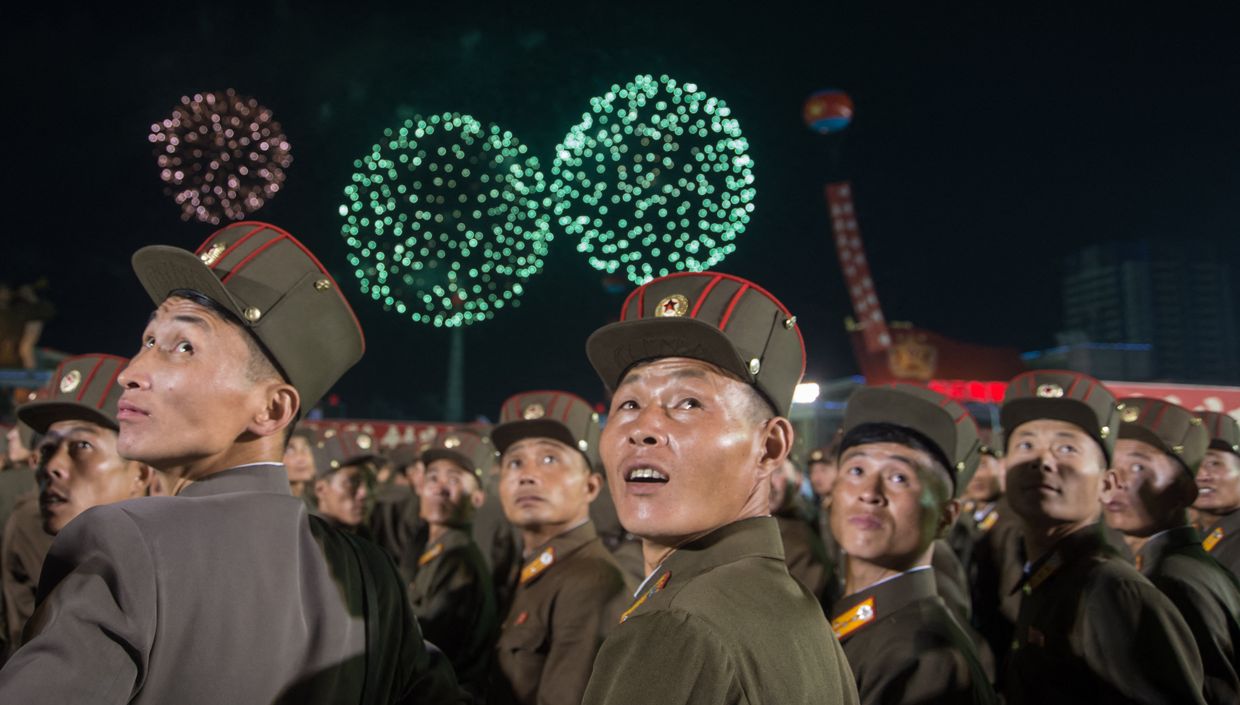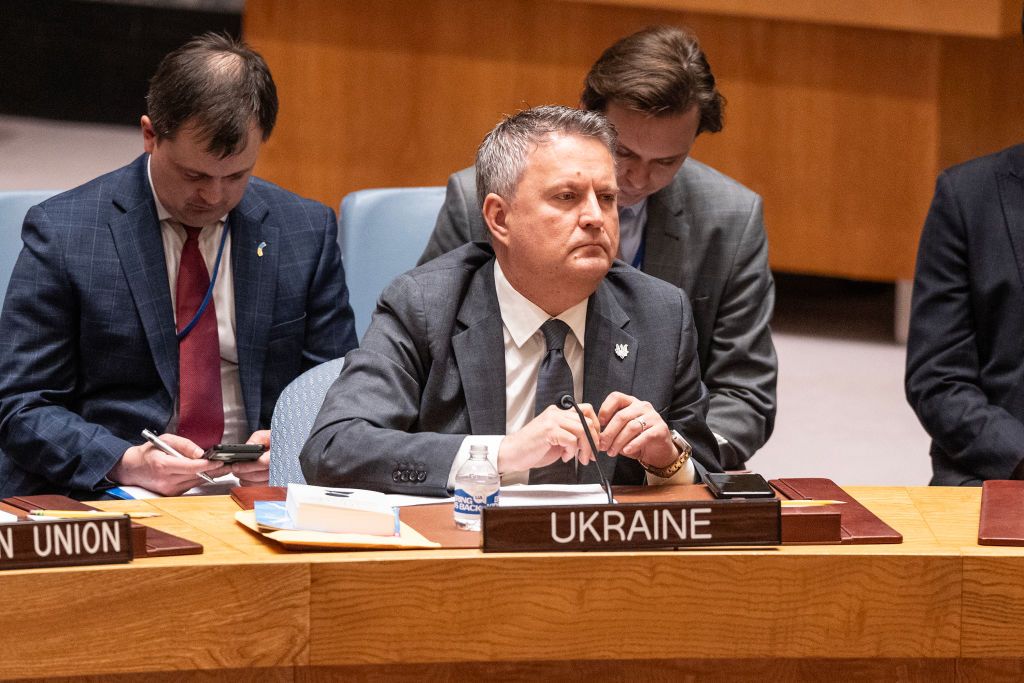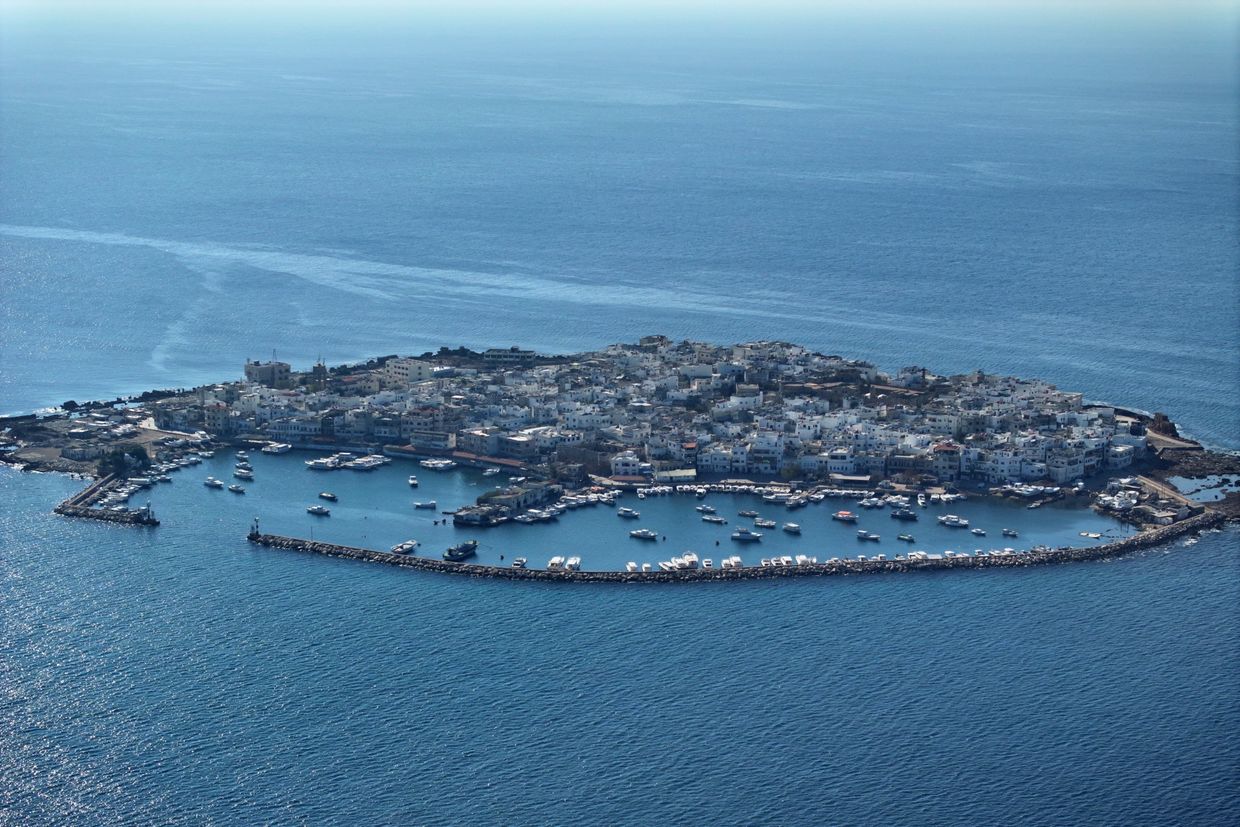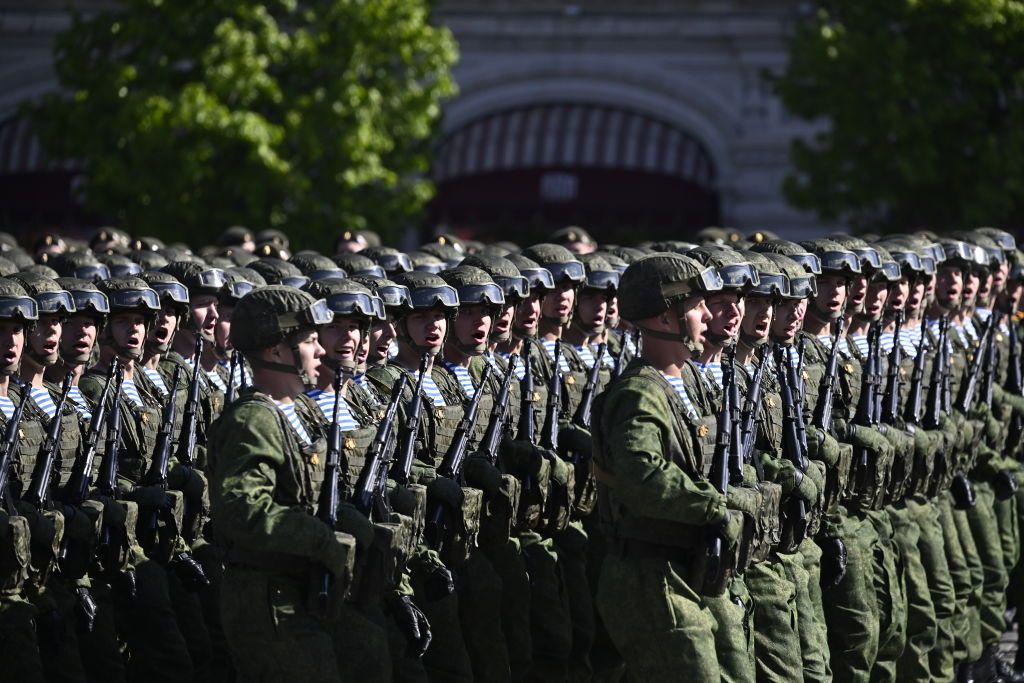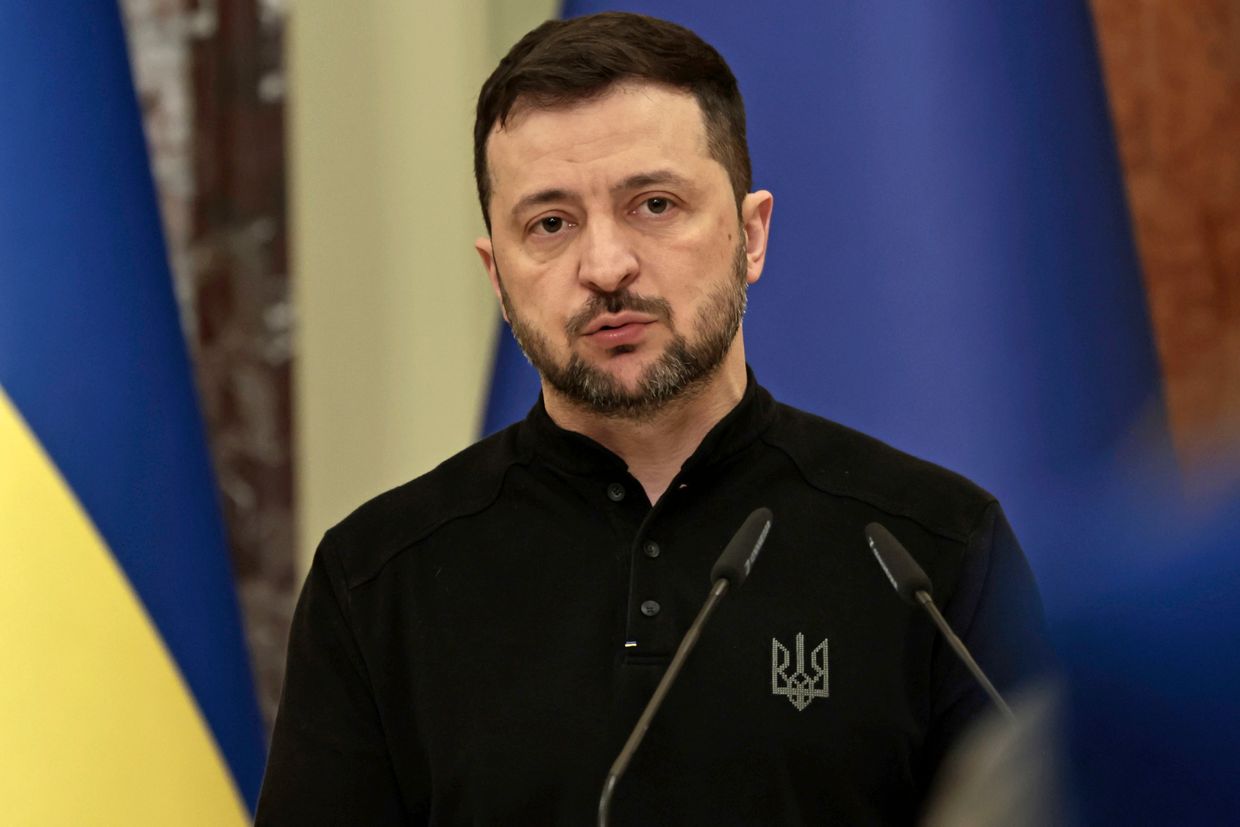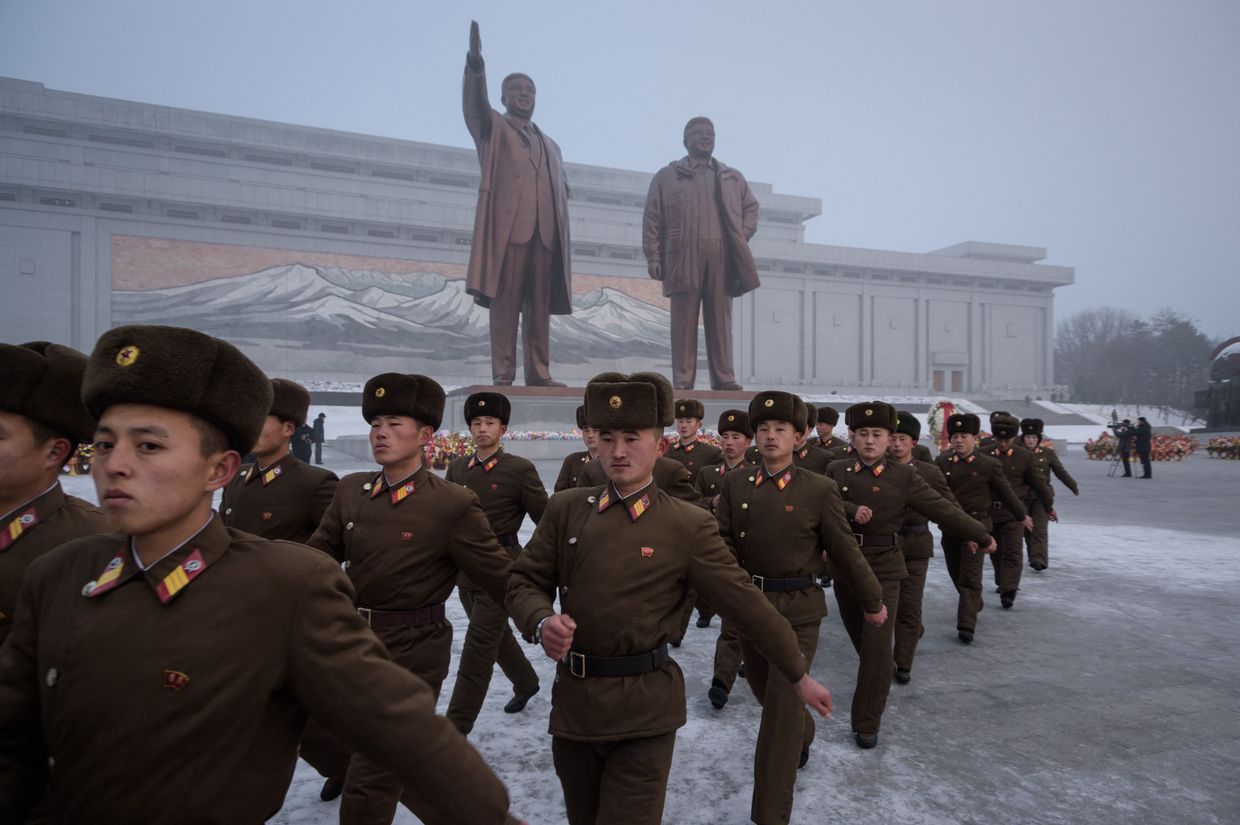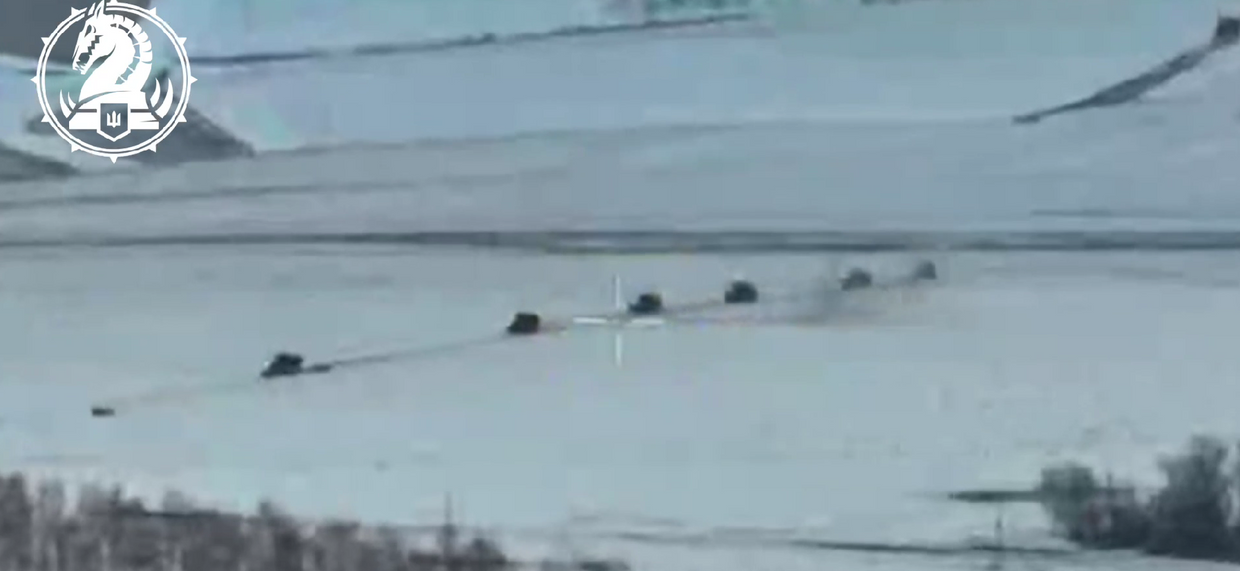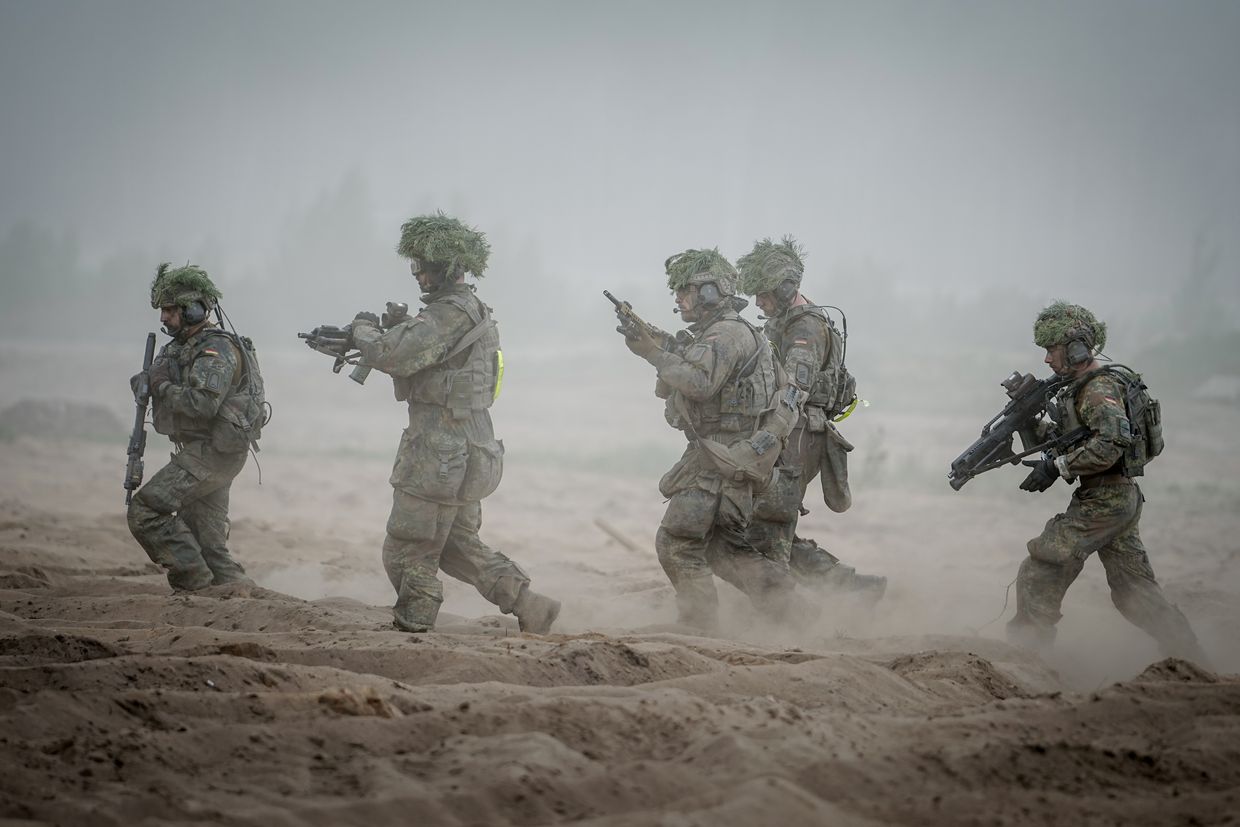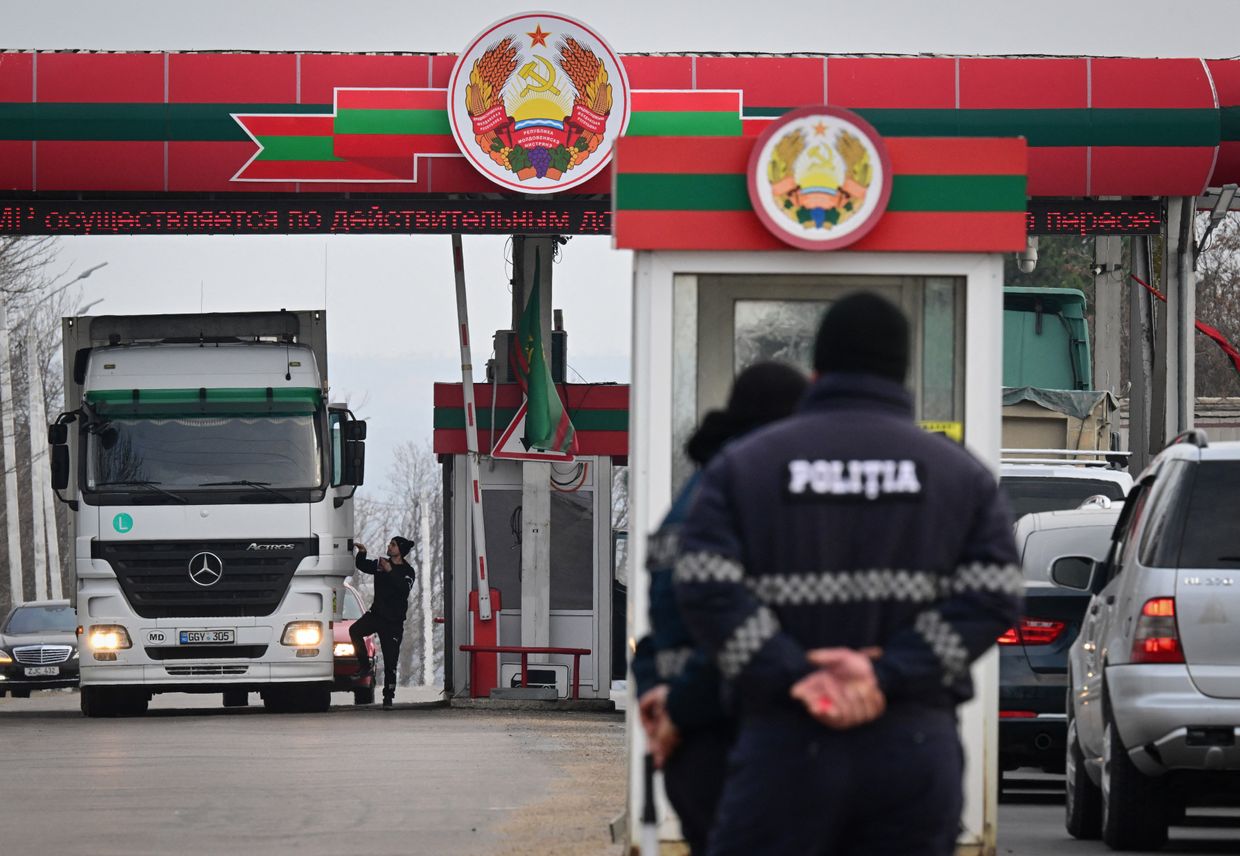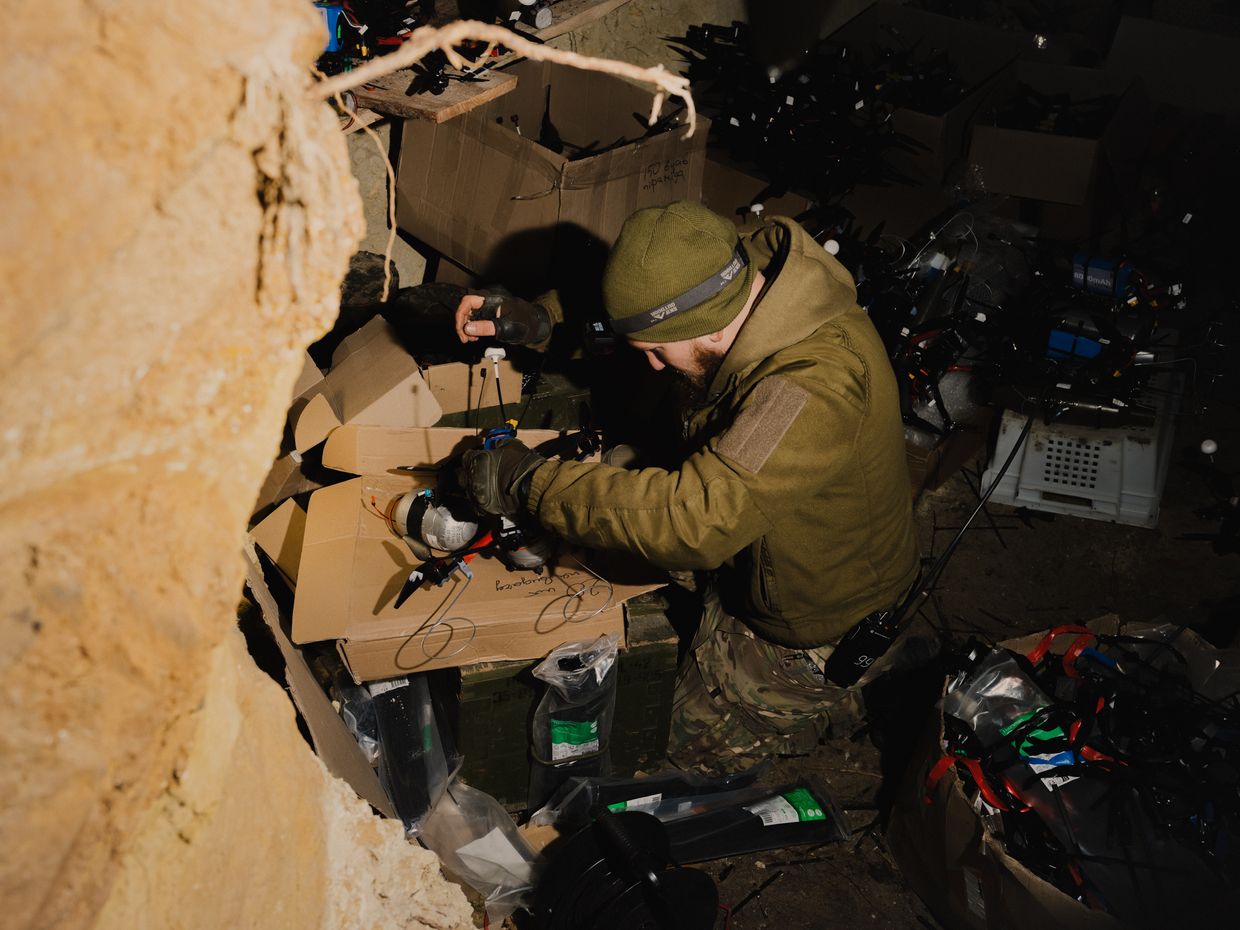The Ukrainian ambassador to the U.N., Sergiy Kyslytsya, provided the names of the three generals North Korea had sent to join Russia's war against Ukraine during a U.N. Security Council meeting on Oct. 30.
Ukraine previously revealed that Russia is preparing to deploy a 12,000-strong contingent of North Korean troops, including 500 officers and three generals.
The top officers include two deputy chiefs of the North Korean General Staff: Colonel General Kim Yong Bok, who oversees special forces, and Colonel General Ri Chang Ho, who is in charge of the Reconnaissance General Bureau, North Korea's intelligence agency, Kyslytsya said.
The third general is Major General Sin Kum Cheol, the head of the Main Operational Directorate, according to the Ukrainian envoy.
Kim, who is believed to serve as the representative of North Korean leader Kim Jong Un in Russia, commands the XI Corps special forces, which Seoul believes had been sent to aid Moscow's war.
Ri, the chief of the spy agency, has been sanctioned by South Korea over his involvement in a number of cyber attacks, Reuters reported.
Moscow plans to form at least five 2,000-3,000-strong units manned by North Korean troops, Kyslytsya said. They would be equipped with Russian uniforms and arms and integrated into formations with ethnic minorities from Russia's Far East regions to conceal their presence.
NATO and the Pentagon said that some North Korean forces have already arrived in Russia's Kursk Oblast, where Ukraine launched a cross-border offensive in August. Kyslytsya estimated the number of North Korean troops already stationed in Kursk Oblast to be 400.
"According to available information, between October 23 and 28, at least seven aircraft carrying military personnel of up to 2,100 soldiers flew from the Eastern Military District to Russia's border with Ukraine," Kyslytsya said at a meeting called to discuss the dispatch of Pyongyang's forces.
Kyiv expects North Korean troops to join the fight against Ukraine in November.
Speaking at the meeting, Russian envoy Vasily Nebenzya denied the transfer and called it a "bare-faced lie" despite mounting evidence of the contrary.
Russia and North Korea initially refuted the reports but later took a more evasive stance, saying such a step would be within their right but stopping short of openly confirming it.
Moscow and Pyongyang have strengthened ties since the full-scale war began, including signing a new mutual defense pact. Ukraine and Western governments have previously accused North Korea of providing weapons to Russia—allegations both countries denied.
